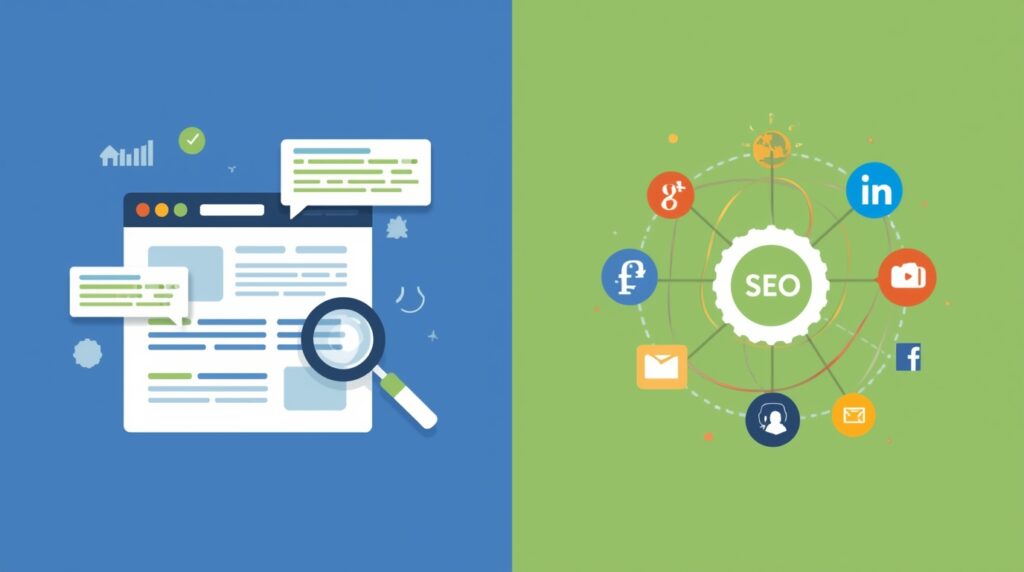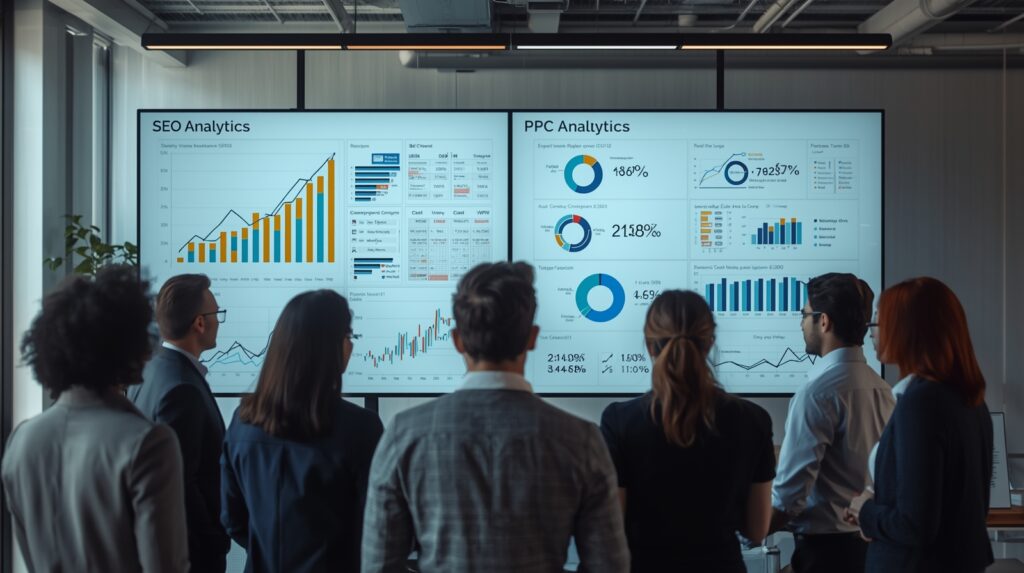Content Marketing Strategies for US SMBs
For small and medium-sized businesses (SMBs) in the US, content marketing is one of the most cost-effective ways to build visibility, attract customers, and establish authority. When done right, it can drive organic traffic, generate leads, and nurture long-term customer relationships. Here are proven content marketing strategies tailored for SMBs. 1. Define Clear Goals and AudienceStart with a strategy. What do you want to achieve—brand awareness, website traffic, or sales leads? Understand who your customers are, what problems they face, and how your content can help them. 2. Optimize for Local SEOIf you’re targeting a local audience, focus on local keywords, create location-specific blog posts, and optimize your Google Business Profile. This ensures you show up when nearby customers search for your products or services. 3. Leverage Blogging for AuthorityConsistent blogging allows SMBs to showcase expertise, answer customer questions, and rank for relevant search queries. A well-optimized blog can become your best lead-generation tool. 4. Create Engaging Social Media ContentUse platforms like Facebook, Instagram, LinkedIn, or TikTok to share bite-sized content. Highlight customer testimonials, behind-the-scenes stories, and industry insights to build trust and engagement. 5. Use Email Marketing for RetentionEmail remains a powerful channel for SMBs. Build an email list and send newsletters with valuable tips, promotions, and updates to stay connected with your audience. 6. Repurpose Content Across ChannelsMaximize your efforts by repurposing blog posts into videos, infographics, or social media snippets. This helps you reach different audiences without creating content from scratch. 7. Measure and ImproveTrack performance using tools like Google Analytics or social insights. Review what works and adjust your strategy to continually improve ROI. With the right mix of SEO, blogs, social media, and email, US SMBs can compete with larger companies while staying budget-friendly. Content marketing isn’t just about publishing—it’s about creating value that drives growth.
Content Marketing Strategies for US SMBs Read More »






